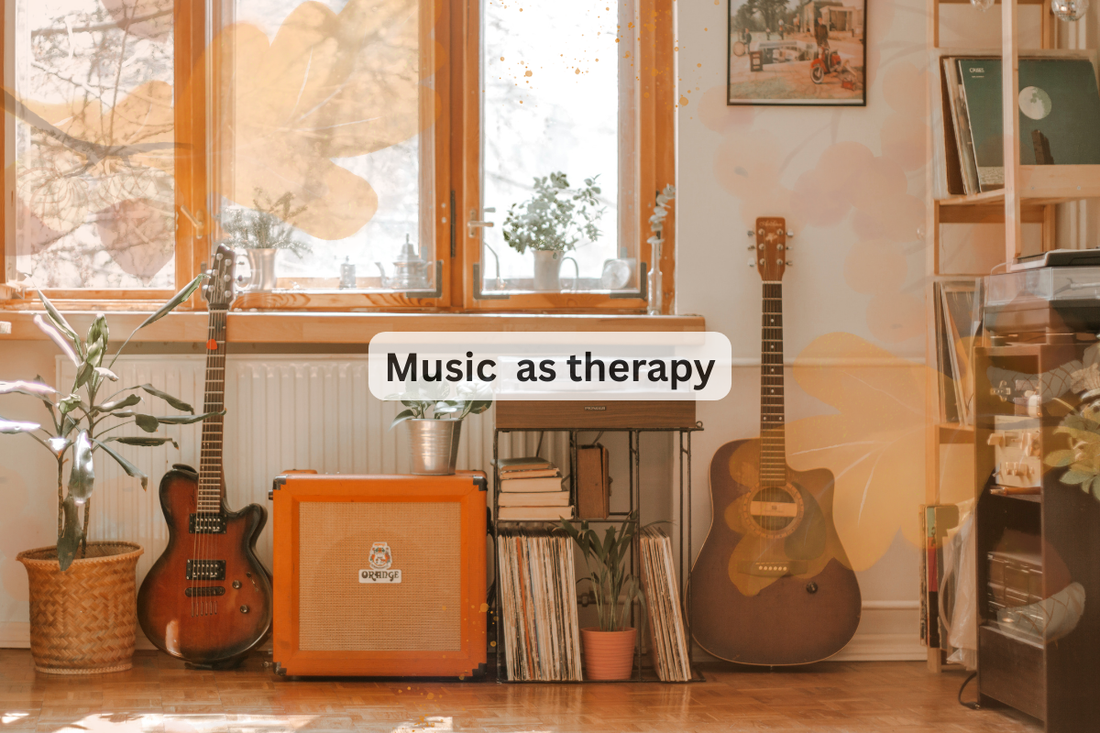
Music As Therapy
Share
Music holds a lot of potential for therapeutic work. One of its strengths is its flexibility. There is so much that we can do with melodies, rhythms and harmonies - be it as discrete entities or a combination of all.
I was in a session where a kid who loved full independence in musicking required that bit more of structure in experiencing and exercising impulse control. This Kiddo doesn’t quite like it whenever I take a more directed and intentional stance.
After giving the Kiddo free rein in an improvisation piece, we began working on another piece. This time, I took over the hand drum. The kiddo’s face fell as he knew what was coming up. I abandoned the piano and the guitar ( my support instrumental buddies in my sessions) and went solo on the voice. I initiated a rapid 4 bar phrase in a minor mode consisting of ascending and descending motifs mostly in semiquaver beats. The phrase ending was an abrupt one on the dominant. The tempo, tonality and the rhythm created a sense of urgency and excitement of the kiddo that he responded with a single strong beat which was exactly what I was working towards (versus rapid tremolos with little phrasing).
I continued with the consequent phrase in the same way but changed the harmony in the melody. He began to find it fun and started chuckling. Just when he was getting carried away and began playing rapid tremolos again, I began a new section in our improvised music where the tempo of the music slowed. Kiddo followed the pacing of the music. We played around more with the dynamics, the registers and the tempo, turning that music experience into an extended opportunity for practising physical impulse control, with a lot of joy involved!
That’s the beauty of music. The countless permutations of rhythms, pitch (that is melodies), harmonies holds so much potential in forming musical bridges that connect uniquely to the individual!
